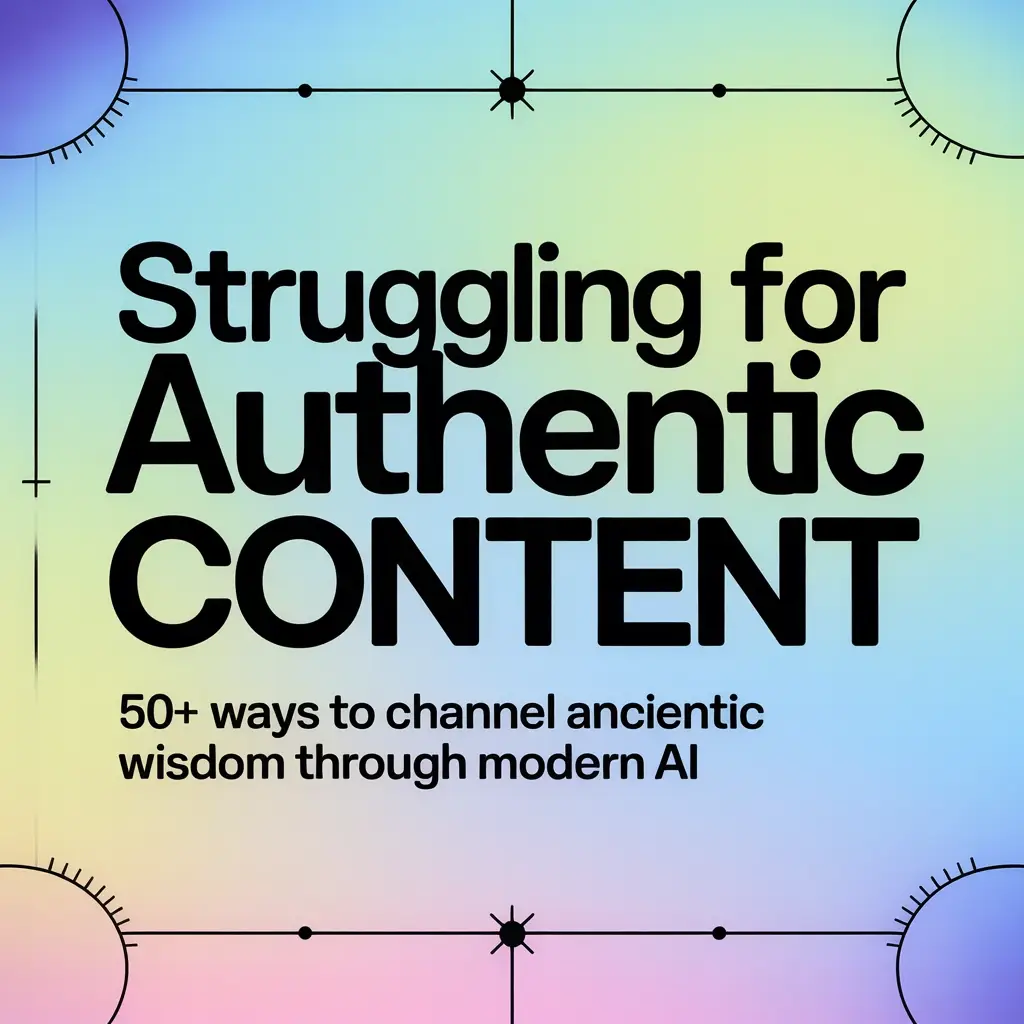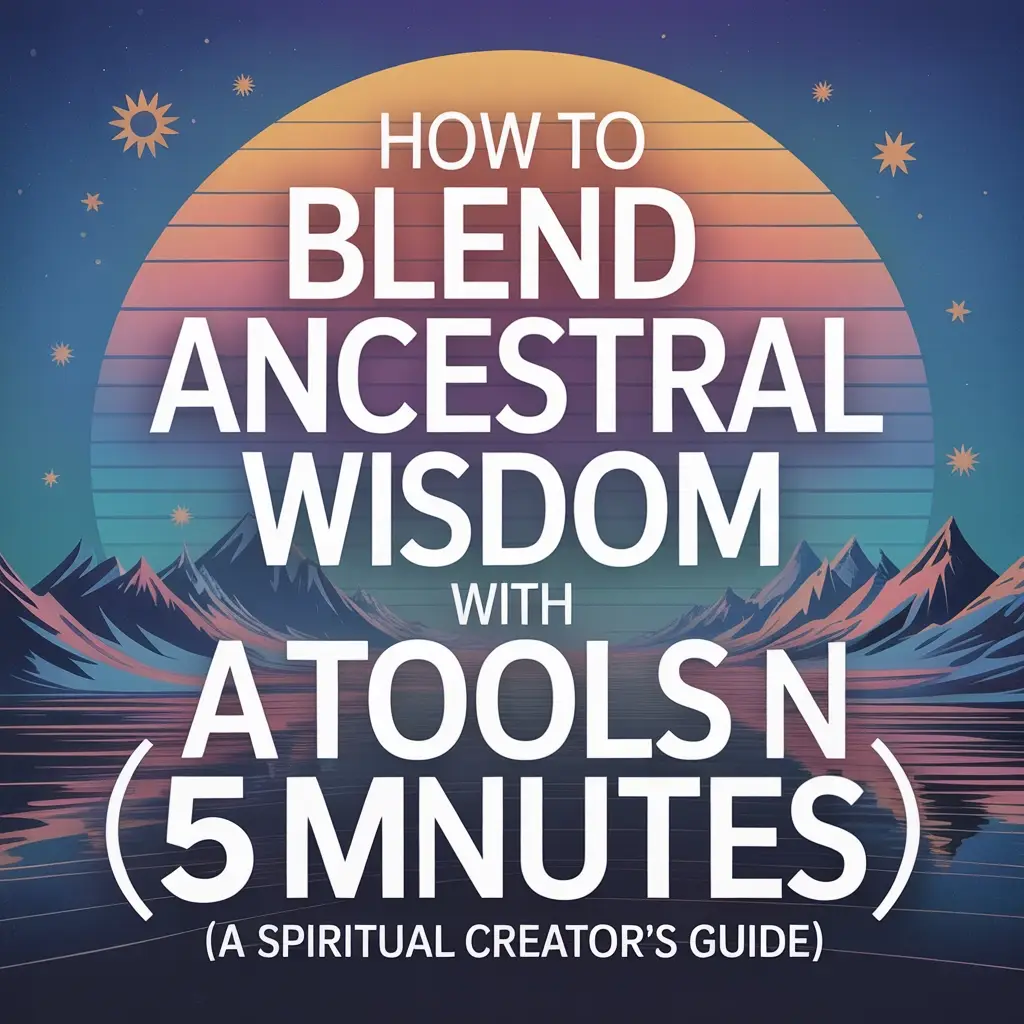Personal brands dominate corporate messaging in 2025. This shift affects how audiences consume content and seek guidance. Spiritual teachers face new opportunities and challenges in this landscape.
The Numbers Behind Personal Brand Dominance
Research indicates 70% of B2B purchase decisions now rely on individual credibility rather than corporate messaging. Personal brands achieve recognition through thought leadership and social media engagement within months. Corporate brands require significantly longer timeframes for similar visibility.
Trust functions as the primary currency in digital interactions. People engage with individuals they feel connected to more readily than corporate entities. Personal brands demonstrate authenticity, expertise, and reliability in ways that resonate with modern audiences.

Why Individuals Outperform Institutions
Direct Relationship Building
Personal brands create immediate connections. Audiences relate to individual stories, experiences, and expertise more easily than institutional messaging. The human element provides relatability that corporate communications often lack.
Creator culture empowers individuals to become thought leaders within specific niches. Social media platforms facilitate direct audience engagement without traditional gatekeepers or corporate hierarchies.
Community-Centered Approach
Personal brands function as new media channels. They build communities through consistent, relatable content that outshines corporate voices. Audiences seek participation rather than passive consumption.
People search for connection and belonging rather than marketing messages. Interactive forums, live sessions, newsletters, and community meetups create memorable and trustworthy experiences.
Speed and Adaptability
Individual content creators respond to trends and audience needs rapidly. Personal brands pivot strategies and messaging within days or weeks. Corporate entities require longer approval processes and strategic planning cycles.
This agility allows personal brands to address timely topics and provide relevant solutions when audiences need them most.

Implications for Spiritual Teachers
Bypassing Traditional Structures
Spiritual teachers can establish direct relationships with students and seekers. Traditional religious institutions and formal spiritual organizations no longer serve as necessary intermediaries. Teachers share wisdom directly through personal platforms and channels.
This democratization removes barriers that previously limited spiritual teaching to ordained clergy or institutional representatives. Independent spiritual teachers can build followings based on their unique insights and approaches.
Building Sacred Communities
The community-first model aligns with spiritual principles of connection and collective growth. Spiritual teachers create spaces where participants engage actively in their development alongside others on similar journeys.
These communities transform spiritual teaching from one-way knowledge transmission into collaborative exploration. Teachers facilitate discussions, host group practices, and create supportive networks that extend beyond traditional workshop formats.

Authenticity as Authority
Personal branding rewards genuine sharing of spiritual journeys, including challenges and ongoing growth. Students trust teachers who demonstrate vulnerability and continued learning rather than claiming perfect mastery.
This approach creates spiritual authority based on relatability and shared human experience. Traditional credentials and institutional positioning become less relevant than authentic spiritual development and practical wisdom.
Real-Time Spiritual Support
Personal brands enable immediate responses to community spiritual needs. Teachers can address global crises, seasonal challenges, or community-specific concerns through their platforms without waiting for institutional approval or program development.
This responsiveness proves valuable during uncertain times when people need immediate spiritual guidance and support.
Practical Applications for Spiritual Teachers
Content Strategy
Spiritual teachers benefit from sharing personal spiritual insights and experiences regularly. Content should address practical spiritual challenges that audiences face in daily life. Teaching through storytelling and personal examples creates stronger connections than abstract spiritual concepts.
Regular posting schedules help build audience expectations and engagement. Consistency matters more than perfection in personal brand development.
Platform Selection
Different social media platforms serve different purposes for spiritual teachers. Video platforms work well for guided meditations and spiritual discussions. Written platforms suit longer-form spiritual insights and teaching. Audio platforms accommodate busy audiences seeking spiritual content during commutes or activities.
Teachers should focus on platforms where their target audience congregates rather than attempting to maintain presence across all available channels.

Community Management
Spiritual teachers need clear community guidelines that reflect their spiritual values and teaching approach. Active moderation creates safe spaces for vulnerable spiritual sharing and growth.
Regular community events such as group meditations, question-and-answer sessions, or spiritual challenges maintain engagement and build stronger relationships among community members.
Monetization Approaches
Personal spiritual brands can generate income through various methods while maintaining integrity. Options include online courses, one-on-one spiritual guidance sessions, group workshops, spiritual retreats, and digital spiritual resources.
Transparent pricing and clear value propositions help audiences make informed decisions about spiritual investments. Free content should demonstrate teaching quality while paid offerings provide deeper engagement and personalized guidance.
Potential Challenges
Maintaining Spiritual Integrity
Personal branding pressure can compromise spiritual authenticity if teachers focus primarily on audience growth rather than genuine spiritual service. Balancing marketing needs with spiritual values requires ongoing attention and intention.
Teachers must distinguish between sharing authentic spiritual insights and creating content purely for engagement or algorithmic favor.
Boundary Management
Direct audience access can blur boundaries between teacher and student relationships. Spiritual teachers need clear guidelines about availability, response times, and the scope of their online spiritual guidance.
Personal spiritual brands attract people seeking intensive spiritual support that may exceed what online platforms can appropriately provide.
Scalability Concerns
Personal attention and individualized spiritual guidance become challenging as audiences grow larger. Teachers must develop systems for maintaining quality spiritual service while managing increased demand.
This might involve training other spiritual teachers, creating structured group programs, or developing self-guided spiritual resources.
The dominance of personal brands over corporate voices in 2025 creates unprecedented opportunities for spiritual teachers to build direct, meaningful relationships with those seeking spiritual guidance. Success requires balancing authentic spiritual sharing with strategic community building while maintaining the spiritual integrity that audiences seek.



